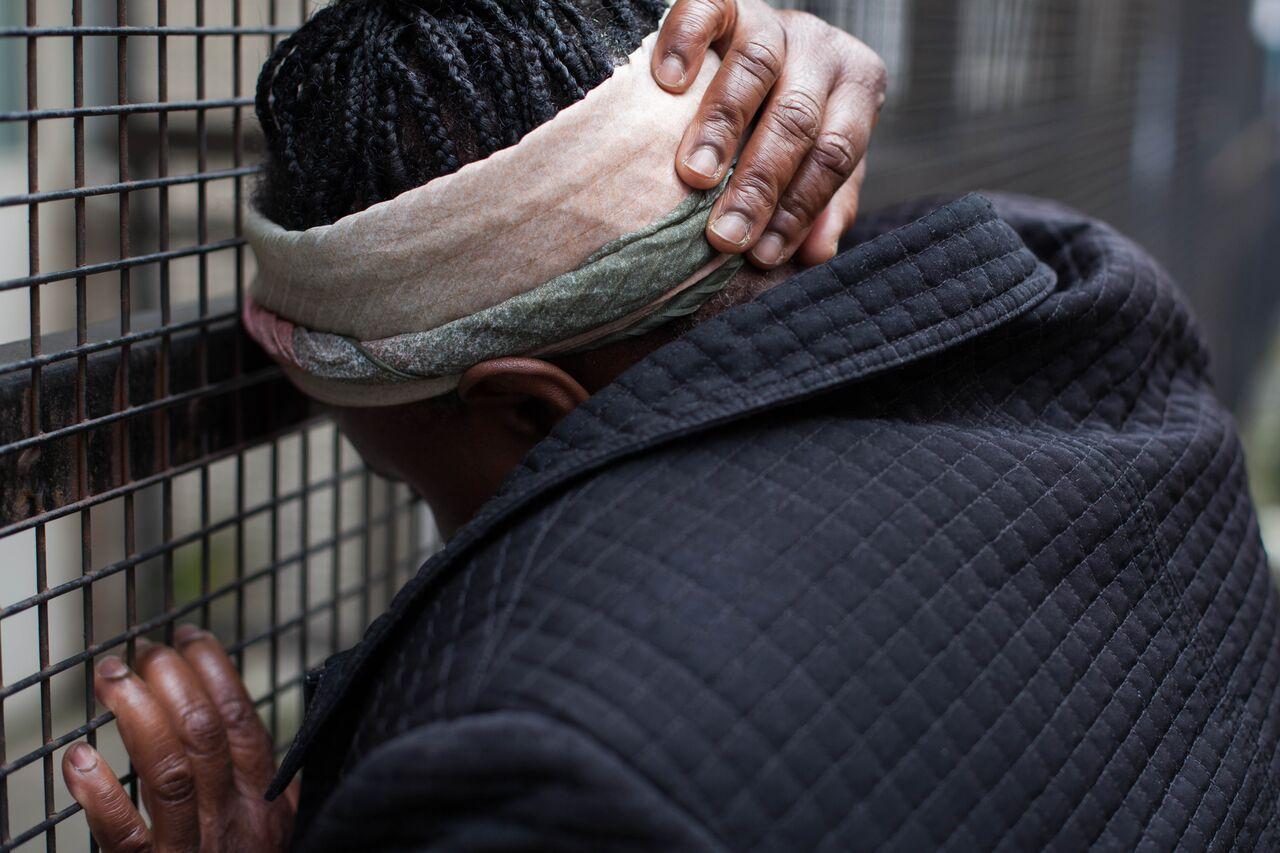Domestic abuse victims ‘trapped’ in violent situations due to government’s hostile environment policies, says report
Women so fearful of immigration controls that they do not report crimes of sexual and domestic violence, research shows

Your support helps us to tell the story
From reproductive rights to climate change to Big Tech, The Independent is on the ground when the story is developing. Whether it's investigating the financials of Elon Musk's pro-Trump PAC or producing our latest documentary, 'The A Word', which shines a light on the American women fighting for reproductive rights, we know how important it is to parse out the facts from the messaging.
At such a critical moment in US history, we need reporters on the ground. Your donation allows us to keep sending journalists to speak to both sides of the story.
The Independent is trusted by Americans across the entire political spectrum. And unlike many other quality news outlets, we choose not to lock Americans out of our reporting and analysis with paywalls. We believe quality journalism should be available to everyone, paid for by those who can afford it.
Your support makes all the difference.Domestic abuse victims are being trapped in violent situations because of the government’s hostile environment policies, a report has found.
Women are so fearful of deportation that they do not report sexual and domestic violence crimes to the police, or seek support to escape the abuse, according to research by a coalition of women's groups.
In some cases, it found that women had reported abuse to the police, only to be probed about their immigration status.
This caused panic and distress to the victim, it said.
The study comes amid outrage over the Windrush scandal, which has seen Commonwealth nationals who were welcomed to Britain before 1973 threatened with deportation and denied basic rights, like healthcare, in Britain.
Theresa May’s self-proclaimed “hostile” polices have seen the introduction of rigid internal immigration checks in GP surgeries, hospitals, schools and police stations.
But the report highlights that many migrant women have no recourse to public funds and are unable to access the benefits system.
This prevents them from accessing potentially life-saving support from women’s organisations including refuges.
At a meeting in Parliament, charities and women’s groups will urge MPs to support new measures in the proposed Domestic Violence Bill, which would aim to help these vulnerable migrant women.
Currently, the consultation for the Bill makes little mention of provisions to protect this group, who are among some of society's most vulnerable.
“The public are rightly outraged by the devastating impact the hostile environment immigration policy has had on the lives of the Windrush Generation," said Rachel Krys, co-director of the End Violence Against Women Coalition, one the groups behind the report.
“The same policy is also leaving many women at risk of violence and exploitation, scaring them away from seeking help, and making it harder for them to access life-saving services. Abusive men often use control of immigration papers and what women can find out about their and their children’s status, to threaten and control them."
She added: “We have an obligation to help these women. It can’t be right that they have come to the UK legally, as spouses of UK nationals for example, as refugees, or due to abuse and exploitation as trafficking victims in some cases, but are unable to get away from terrible abuse and violence because of their lack of citizenship.
“It is time the Government thought about these women as people in desperate need of help, and not as another number for an immigration target.”
The briefing’s recommendations include ensuring there’s a “firewall” between public services and immigration control so women can get help safely.
They also call on the government to extend the Destitute Domestic Violence Concession – a small, temporary measure to help a limited group of these migrant women – to more women and making it last for a longer period.
“I’ve worked with many women who have been told by authorities that they are subject to no recourse to public funds which means they only have a duty of care to the children, not her," said Meena Patel, from support group Southall Black Sisters.
“Often this means placing the children with the perpetrator or his family. There is little to no attention paid to the mother or children's safety. The hostile environment that we currently have stops women from reporting to statutory services for the fear of being detained and deported.
“It’s not uncommon for many women in this situation to return to their abusive partners and never ask for support again. It is heart breaking and women’s organisations are tired of shouting about the desperate needs of these women and being ignored.”
A Home Office spokeswoman said it would "consider the report very carefully."
She added: "Protecting vulnerable women from violence and abuse is of the utmost importance and we work closely with local authorities, charities and other organisations to ensure people with an uncertain immigration status receive the appropriate support.
"We would encourage those with concerns to come forward so we can assist them. We deal with such matters sympathetically on a case by case basis."
Join our commenting forum
Join thought-provoking conversations, follow other Independent readers and see their replies
Comments